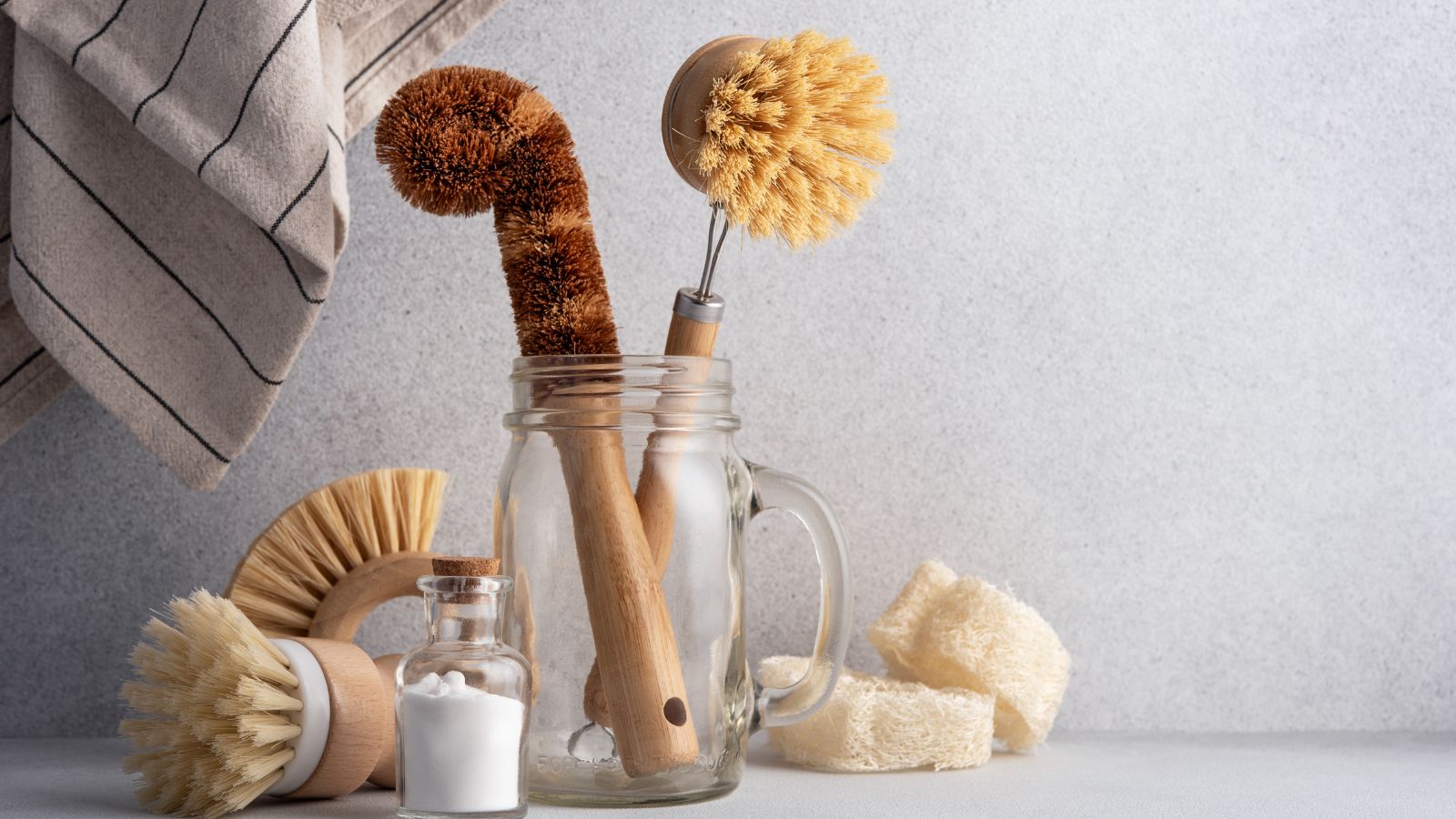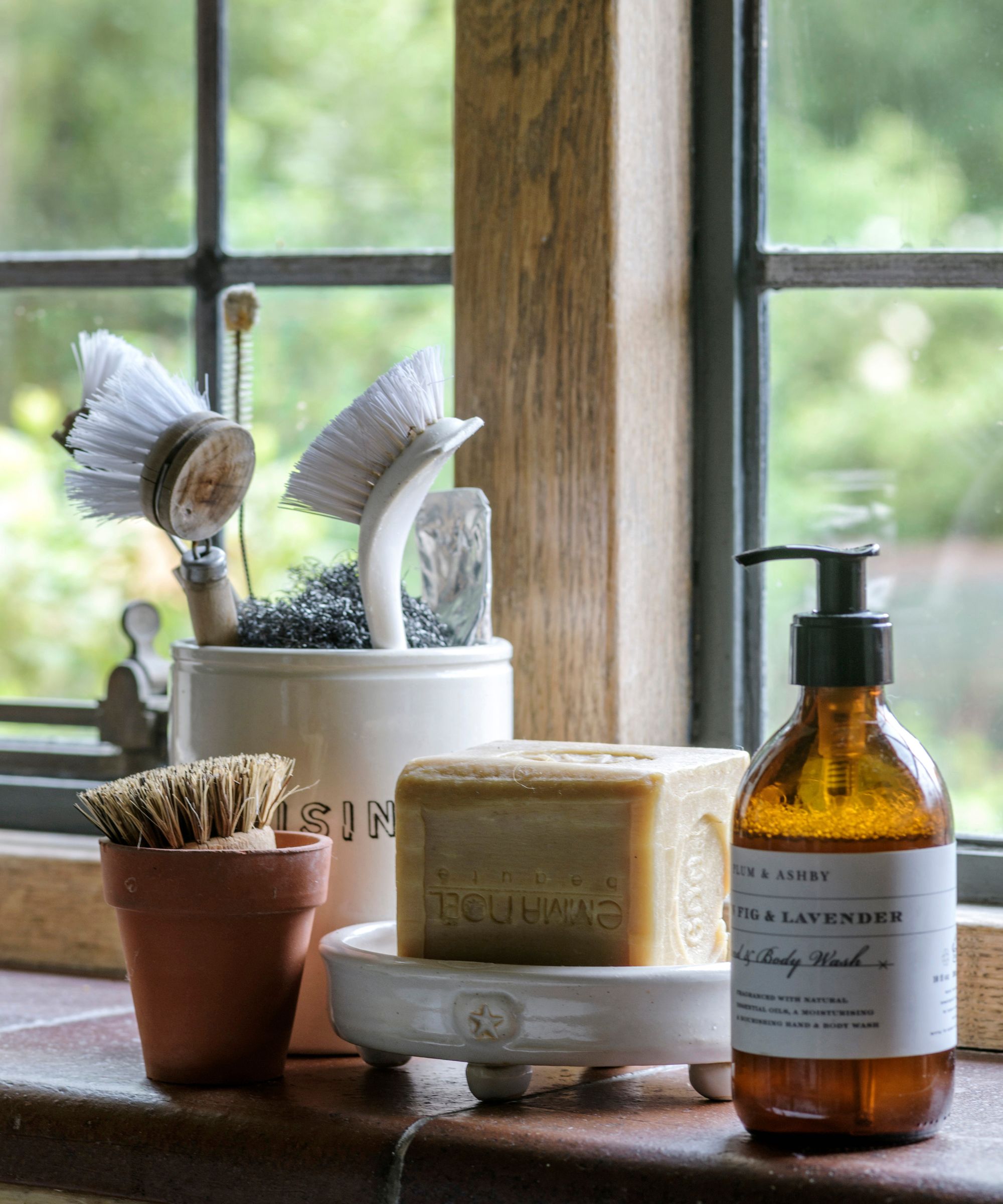
While you may think pests are only attracted to unclean homes, this couldn't be further from the truth – clean homes attract them, too! Pests get into homes because they are looking for three things: food, water, and shelter. So if your home provides one, two, or all of these things, you may find yourself with a problem.
In the winter, rodents are often found in homes because they seek a warm place to shelter. However, when we leave kitchen containers unsealed, we unknowingly provide them with food. So why should they want to leave?
So your home doesn't necessarily have to be dirty to attract pests. Frankly, it might just be a great place to be. Think of it as being hospitable, except for house guests you probably don't want. But just because your home is clean, you could still be making pest control mistakes.
Do clean homes get pests?
While it may seem counter-intuitive, even the cleanest homes are not immune to pest infestations. Below, we explain why this is and how you can stop all manner of pests in their tracks:
Pest Behavior and Survival

‘Pests are incredibly resourceful and adaptable creatures, says Nicole Carpenter, CEO of Black Pest Prevention. ‘While they are attracted to food sources and clutter, they can also find shelter and breeding grounds in clean, well-maintained homes.’
For example, ants may enter homes searching for water, while cockroaches can thrive in warm, humid environments like a bathroom or kitchen, regardless of their cleanliness.
Entry Points and Hiding Spots
According to Rich Mullins, a pest control expert, pests can enter homes through tiny cracks, gaps, and openings in walls, floors, and foundations. Once inside, they can hide in dark, secluded areas such as behind appliances, inside cabinets, or under sinks.
Even the most meticulous cleaning routine may not eliminate these entry points or hiding spots, making it challenging to prevent pest infestations entirely.
External Factors
External factors such as seasonal changes, weather conditions, and neighboring properties can also contribute to pest problems in clean homes. For example, rodents may seek shelter indoors during colder months, while outdoor pests like mosquitoes or flies can enter homes through open doors and windows, regardless of cleanliness.
How to remove these pests
So, what can homeowners do to prevent and address pest infestations in clean homes? Here’s what Sean Thomas from Conquercritters.com suggests:
- Regular Inspections: Conduct regular inspections of your home, both indoors and outdoors, to identify and address potential entry points, moisture issues, and pest activity.
- Seal Entry Points: If you find yourself needing to get rid of squirrels in your attic, it's probably because they found their way in via tiny, hard to spot entry points. Seal small cracks, gaps, and openings in walls, floors, and foundations to prevent pests from entering your home.
- Maintain Cleanliness: While cleanliness alone may not prevent pest infestations, it can help minimize food sources and hiding spots for pests. Keep kitchens, bathrooms, and other areas clean and free of crumbs, spills, and clutter by creating an achievable cleaning routine you'll want to stick to.
- Eliminate Moisture: Address any moisture issues in your home, such as leaks or standing water, as many pests are attracted to damp environments. If your home is especially damp, try using a dehumidifier to reduce the humidity levels.
- Professional Pest Control: If you suspect you have a pest infestation or are dealing with recurring pest problems, consider hiring a professional pest control expert. They can conduct a thorough inspection, identify the source of the infestation, and recommend appropriate treatment methods to eliminate pests effectively and prevent future issues.
FAQs
What is the hardest household pest to get rid of?
Bed bugs are considered one of the hardest household pests to remove. This is because they are known as “hitchhikers” and will move from one home to another via clothing, backpacks, or bags, contaminating them as they spread.
To get rid of bed bugs, you may have to hire a professional. However, a quality mattress protector for bed bugs is a good first line of defense.
To tackle pests effectively, start by identifying the type of pest you're dealing with. Then, focus on sanitation if you haven’t already by keeping your living space clean and eliminating sources of food and water that attract pests.







